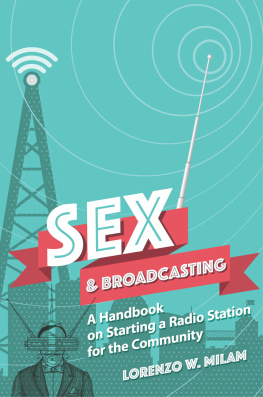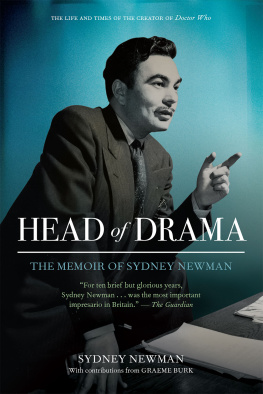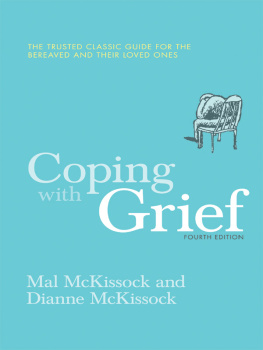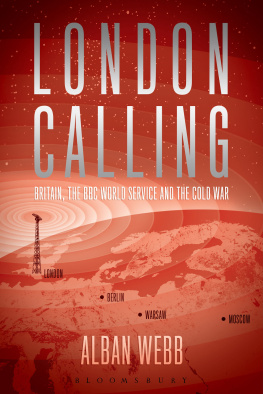PUBLICATIONS OF THE LONDON SCHOOL OF ECONOMICS
BRITISH BROADCASTING
BRITISH BROADCASTING
A Study in Monopoly
BY
R. H. COASE
Reader in Economics in the University of London
First Published 1950
by Frank Cass
Published 2013 by Routledge
2 Park Square, Milton Park, Abingdon, Oxon OX14 4RN
711 Third Avenue, New York, NY, 10017, USA
Routledge is an imprint of the Taylor & Francis Group, an informa business
All rights reserved. No part of this book may be reprinted or reproduced or utilised in any form or by any electronic, mechanical, or other means, now known or hereafter invented, including photocopying and recording, or in any information storage or retrieval system, without permission in writing from the publishers.
British Library Cataloguing in Publication Data
A catalogue record for this book is available from the British Library
The books in this series are published by the London School of Economics and Political Science, but the authors alone are responsible for the views expressed in them,
ISBN 13: 978-0-714-63069-4 (hbk)
CONTENTS
ACKNOWLEDGMENTS
It is a pleasure to record the helpfulness with which all my requests for information have been met. I am especially indebted to the British Broadcasting Corporation and to the Post Office. The British Broadcasting Corporation gave me access to their archives for the period up to 1926 and allowed me to use their valuable collection of Press cuttings. The Post Office allowed me to consult the unpublished Minutes of Evidence of the Sykes Committee of 1923 and of the Crawford Committee of 1925. The officials of both the Corporation and the Post Office have also been of the greatest assistance in answering my many questions. But it is essential that I make it clear that I alone am responsible for the accuracy of the facts as I have stated them and for the opinions I have expressed.
Among the many individuals who gave me information, I am especially grateful to Lord Reith, who spared himself no trouble to be of service to me and whose comments on my drafts were most helpful. I have also to thank Mr. H. L. Beales, Mr. E. S. Byng, Mr. Tom Clarke, Mr. P. P. Eckersley, Sir Frank Gill and Mr. A. W. Maton, all of whom gave me valuable information. Information was also very kindly given to me by Broadcast Relay Service, Ltd., the Daily Mail, the International Broadcasting Company, the Marconi Company and the Newspaper Proprietors Association.
I am grateful to my friends, Mr. R. S. Edwards and Mr. Walter Taplin, who both read the whole of the manuscript and whose candid comments have given this book such readability as it possesses.
It is fitting that I should here record my indebtedness to Professor Sir Arnold Plant. I came under his guidance some seventeen years ago while an undergraduate at the London School of Economics and from the intellectual stimulus I then received I continue to benefit in all my work.
There are two other debts that I must acknowledge. The first is to the Economics Research Division of the London School of Economics which financed the research upon which this book is based. The second is to Miss L. E. Levy, whose hard work, efficiency and enterprise as research assistant made this study possible.
of this book represent revised versions of two articles, The Origin of the Monopoly of Broadcasting in Great Britain and Wire Broadcasting in Great Britain which appeared in Economica for August, 1947, and August, 1948, respectively. I have to thank the Editorial Board of Economica for permission to reproduce them.
R. H. COASE.
September, 1948.
In this book I set out to answer the following questions:
(1) How is it that broadcasting in Great Britain came to be organised on a monopolistic basis?
(2) What has been the effect of the monopoly on the development of, and policy towards, competitive services such as wire broadcasting and foreign commercial broadcasting intended for listeners in Great Britain?
(3) What are the views which have been held on the monopoly of broadcasting in Great Britain?
The first question is answered in .
In , A Commentary, I examine the cogency and implications of the arguments by which the monopoly has been justified and I discuss the forces in society which have contributed to the widespread support which the monopoly has enjoyed.
It is not my aim in this book to come to a conclusion as to whether or not it is desirable that broadcasting should be organised on a monopolistic basis in Great Britain. But this study is presented in the hope that it will be of assistance in any reasoned discussion of this question.
I have divided the notes into two classes. Those which are references to sources or relate to points of detail or are expansions of the text have been placed as numbered notes at the end of each chapter. The others, which are intended to be read with the text, have been placed at the bottom of the relevant page.
THE ORIGINS
THE ORIGIN OF THE MONOPOLY
S UCCESS in the transmission of speech and music by radio did not immediately lead to proposals for the establishment of a broadcasting service.1 At first the transmission of sound by radio was regarded simply as a new means for sending messages and as its original name, wireless telephony, indicates, was considered to be a new kind of telephone. This point of view is well illustrated by the following quotation from what appears to be the first book published in Great Britain which was wholly devoted to wireless telephony. The possible fields in which wireless telephony may be utilised are many and diverse, but those in which its commercial application is probable are relatively few. One reason at least for this statement is to be found in the competition of the old-established wire telephone, and in the much greater secrecy of wire communication over wireless. As a well-known writer has recently aptly put it: A wireless telephone talk is a talk upon the house-tops with the whole world for an audience. The practical utilisation of wireless telephone methods is therefore confined almost entirely to cases where the wire telephone cannot be used, or is rendered unreliable from exterior causes. Wireless telephonys most important field is consequently for long distance, and especially trans-ocean work, and for communication with ships.2 And this writer goes on to instance as especially important uses, amongst others, communication with moving railway trains and with aircraft.3
There were some who thought of other uses for wireless telephony. Mr. A. C. C. Swinton had drawn attention in November, 1918, to the possible distribution of news by this means. But what he had in mind was a service similar to that of the tape machine. He pointed out that it would be possible to receive and print news messages transmitted by special distributing stations. He also mentioned the possibility in the near future of a public speaker addressing an audience of thousands, scattered, maybe, over half the globe. But there is no suggestion here of a broadcasting service. And the report of Mr. Swintons talk in the Wireless World goes on to say: But by far the most fascinating and important problem spoken of was that of wireless distribution of electrical energy in bulk.4
The idea of a broadcasting service must have occurred to some workers in this field. We know that David Sarnoff, then of the American Marconi Company, in a memorandum to the Managing Director written at a much earlier date (about November, 1916) envisaged the possibility of a broadcasting service,5 and doubtless the same idea had occurred to others. But in general, even among the experts in the field, there seems to have been little, if any, awareness of the potentialities of the discovery of wireless telephony for use in transmitting news, talks, discussions, commentaries, plays and concerts to people in their own homes.6








